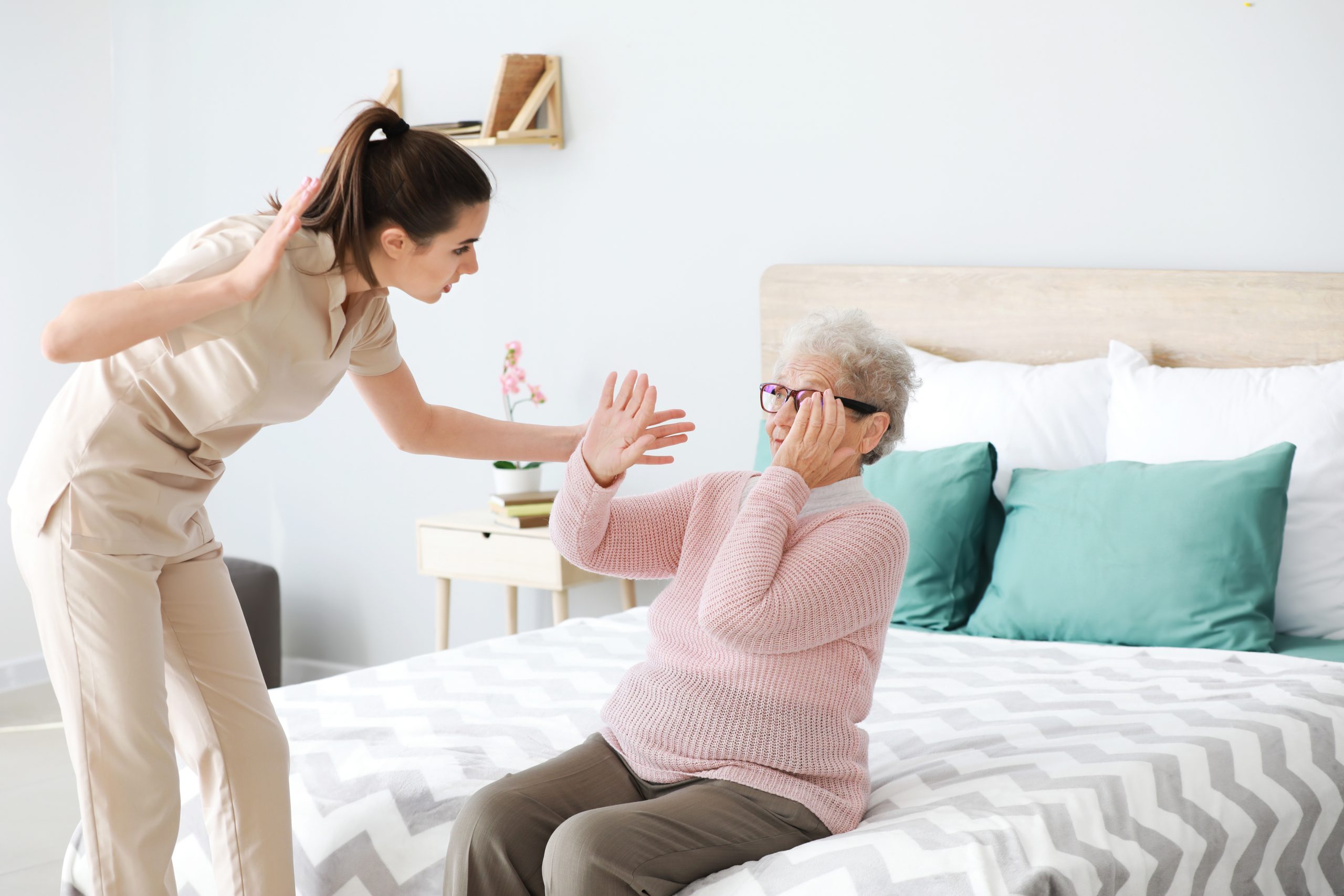Now Reading: 6 Nursing Home Negligence Instances and What to Do About it
-
01
6 Nursing Home Negligence Instances and What to Do About it

6 Nursing Home Negligence Instances and What to Do About it
Nursing homes provide an important service for elderly and infirm patients who cannot care for themselves. However, such homes are sometimes guilty of neglecting the safety of their patients. This can lead to various safety issues, including slips and falls, bed sores, and even abuse. This is why it is crucial to know common care negligence examples of nursing homes to be vigilant and take action if you notice signs of abuse or neglect.
Falls
Falls are a common problem in nursing homes, as patients may not be properly supervised or assisted when getting out of bed or walking around. This can lead to serious injuries, such as broken bones or head injuries. Don’t ignore any complaints of falling, as this could be a sign that your loved one is not receiving the proper care.
Bed Sores
Bedsores in nursing homes occur when patients are left in the same position for too long, which can cause pressure on the skin and underlying tissue. This can lead to the formation of sores, which can become infected.
Bed sores are a common problem in nursing homes, as patients are often not moved around enough. If you notice bed sores on your loved one, bring them to the staff’s attention.
Other steps you can take include:
- Calling a personal injury lawyer: If your loved one has developed bed sores, they may be entitled to compensation.
- Filing a complaint with the state: You can file a complaint with your state’s long-term care ombudsman.
Dehydration
Dehydration is a common problem in nursing homes, as patients may not be given enough to drink or be unable to access water. This can lead to serious health problems, such as kidney damage or even death. Be sure to ask your loved one how much water they are drinking and if they are experiencing any thirst or dry mouth.
Other signs of dehydration include:
- Urinating less than usual: Less urination is often due to low water intake or improperly working kidneys. This could be a serious issue, one you cannot ignore.
- Dark-colored urine: This happens when there is not enough water in the body to dilute the waste products in urine.
- Dry mouth: A dry mouth can signify dehydration, as there is insufficient saliva to keep the mouth moist.
Malnutrition (Especially for Seniors)
Seniors are often at a higher risk of malnutrition due to poor appetite, difficulty chewing or swallowing, and medications that can interfere with nutrient absorption. In addition, many seniors suffer from chronic illnesses that can lead to weight loss or an inability to get enough calories and nutrients from food.
When seniors live in a nursing home, they may not have access to the foods they need or the ability to prepare meals for themselves. As a result, nursing home malnutrition rates are alarmingly high. This can lead to many problems, such as weakness, fatigue, infections, and an increased risk of falls.
Furthermore, malnourished seniors are also more likely to experience a decline in cognitive function and an overall decrease in their quality of life. As a patient’s relative or caretaker, watch out for malnutrition signs and talk to the authorities if needed.
Medication Errors
Medication errors are unfortunately too common in nursing homes. This can happen when patients are not given the right medication or prescribed dosage. Medication errors can have serious consequences, such as an overdose or adverse reactions. Be sure to keep track of your loved one’s medications and dosages, and alert the staff if you notice any changes.
Abuse
Sadly, abuse is also a problem in some nursing homes. This can include physical, emotional, sexual, or financial abuse. Signs of abuse include bruises, cuts, broken bones, bed sores, weight loss, fearfulness, withdrawn behavior, and changes in sleeping or eating habits. Contact the authorities immediately if you suspect your loved one is being abused.
Final Word
No one wants to think about their loved ones being neglected or abused in a nursing home. However, it’s important to be aware of the signs of nursing home neglect, so you can take action if needed. If you suspect your loved one is not receiving the proper care, don’t hesitate to contact a personal injury lawyer, such as Larson & Miller, or file a complaint with your state’s long-term care ombudsman.










